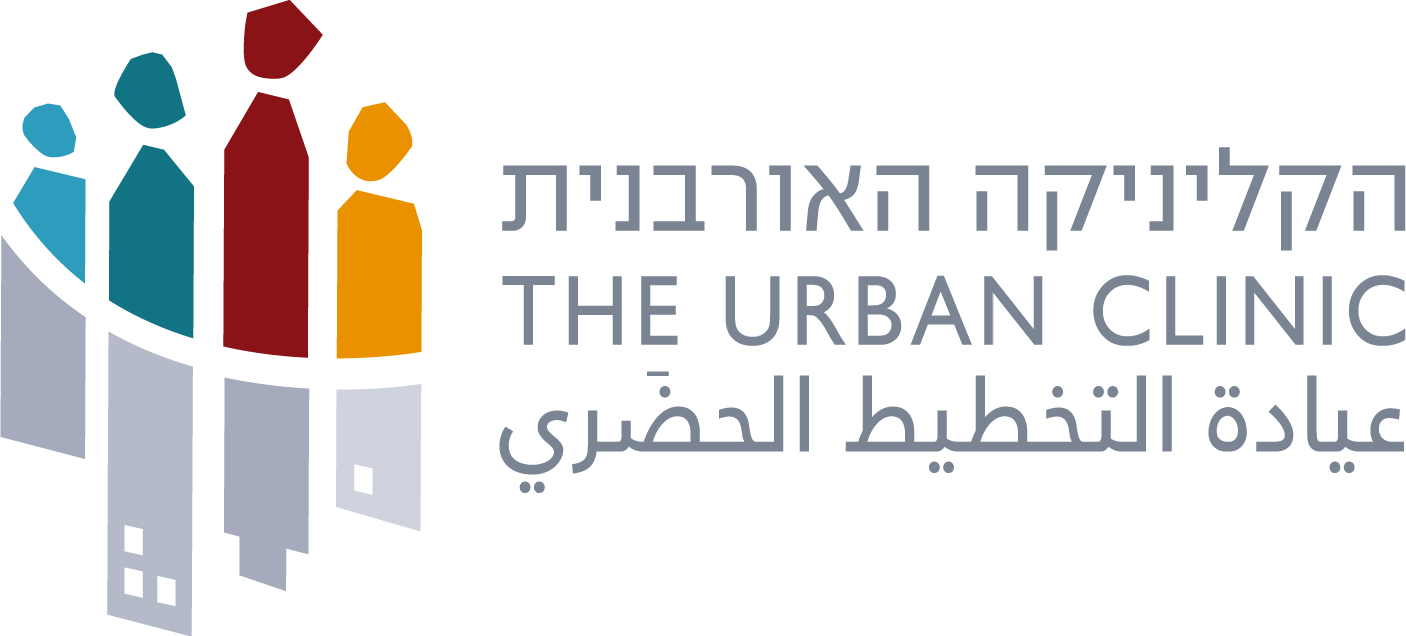After two years ago of activity, our dream, to establish a space for developing and challenging the local academic discourse about urbanism, diversity and spatial justice through activism, and intellectual public engagement - is live and running . The desire for such space was born out of barriers that are faced by researchers who strive to make a difference in the world, but also in light of the potential that is embedded in research as a tool for social change. During two years of trial and error we identified several challenges and opportunities that the group attempts to address. These are our answers:
Space for political dialogue
In light of growing social and political polarization in recent years, the space for examining and discussing complex political problems has greatly diminished, both in public discourse and academia. In parallel, it seems that the gap between the ‘academy’ and ‘society’ has widened. In the Israeli academy, the current composition of faculty does not reflect either the ethnic, class, religious and national distribution of the general public, nor its political affiliation. Critical scholarship, in particular, has a history of excluding epistemological communities from its circles. As a result, academia has to a certain extent failed in bringing diverse perspectives into research. These processes take place all over the world. However, inn Israel, the space for complex political discussion has diminished even more—due to self- and external-censorship enforced by politicians, right-wing organizations that monitor academia, and international movements like BDS. As early-career scholars we are being told, implicitly and explicitly, that we should refrain from engaging with intricate political questions that might sabotage our career— thus effectively making us an integral part of this depoliticization process. Dealing with these challenges is not straightforward, but refraining from political discussion is not an option we support either. We see this group as a space for discussion and developing tools to tackle these issues.
Space for social change in academia
In the neoliberal academia, which measures success according to the number of publications and journals ranking, the option to use research as a tool for social change is becoming more limited. Working with policy-makers and civic society organizations does not give one credentials in the race after tenure; therefore, critical research that seeks to create social change is not welcome in this climate. And yet, the neoliberal academia does encourage us to become entrepreneurs by increasing our visibility and branding our uniqueness. The reputation that results from media attention and publicity may have some impact on moving up the academic ladder. Still, it is not clear that this kind of engagement necessarily promotes the ‘common good’. This duality can be confusing. We aim to discuss these inherent contradictions in order to expand our scope of action.
Space for producing local knowledge
The lion’s share of the mainstream urban and spatial theories has developed in the global north, far from Israel/Palestine. As young scholars who work in Israel, it is challenging to understand how to apply these theories constructively to explain local processes. Additionally, it is equally complicated to understand how to analyze and write about local processes in a way that will contribute to, and expand, global scholarly debates. We view the recent rise of global south
theories in various disciplines as an opportunity to invigorate our academic vocabulary and knowledge foundations.
Space for multidisciplinary research
Urban challenges in the areas of housing, transportation, health or culture require a holistic view that often augments strategies from multiple disciplines. Nonetheless, academic training is often carried out in isolation while fields such as architecture and planning hold primacy. Yet, we begin to see a change, where the demand for multidisciplinary expertise in urban studies in academia and the market is on the rise. Urban issues become increasingly topical in fields such
as public health, social work, anthropology, economics and political science. In parallel, cities and organizations that engage with urban issues look up to academia for answers. A multidisciplinary group in the realm of urbanism can become the basis for a joint, interdisciplinary discussion among different fields.
Space that bridges the divide between the critical and pragmatic streams of urban studies
The Urban Studies field can be generally characterized as composed of two rival camps:
‘critical’ and ‘pragmatist’. On the one hand, ‘critical’ scholars analyze power relations from diverse aspects, and often take an oppositional stand towards urban-building processes and government institutions. On the other hand, ‘pragmatist’ scholars offer models that can be applied in practice, and train professionals, but often through a technical and bureaucratic approach that might depoliticize reality. Our training rarely allows us to build bridges to connect the two streams—to critically examine processes, while holding a dialogue with practitioners. Consequently, many students experience a professional crisis as they transition from the critical academic environment to the workplace. The growing interest in urbanism within and outside academia might serve as an opportunity to bridge these worlds.
Members of the Cities, Diversity and Spatial Justice Research Group

